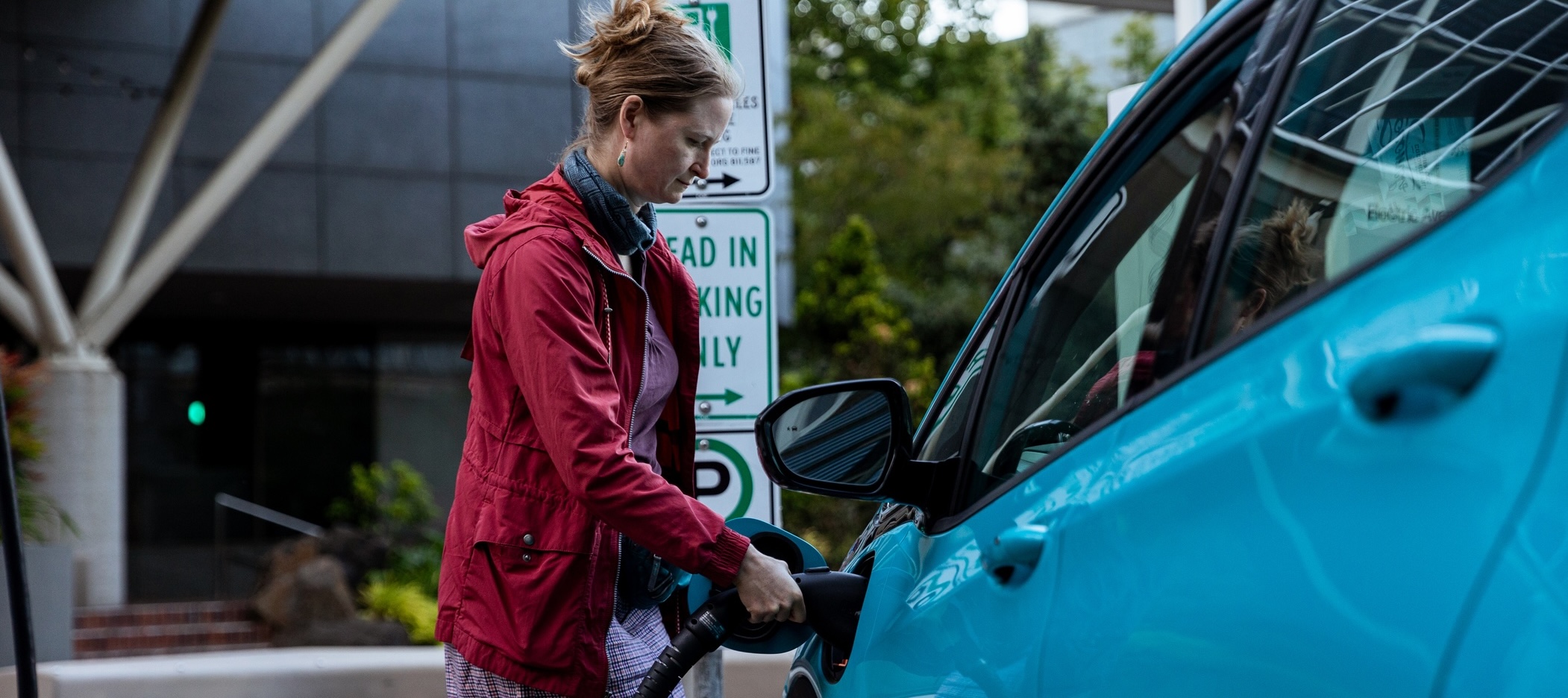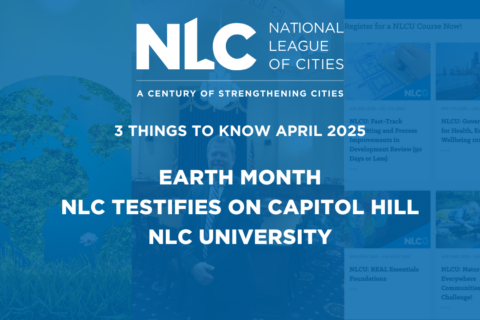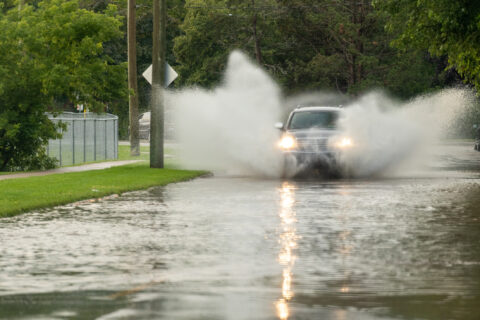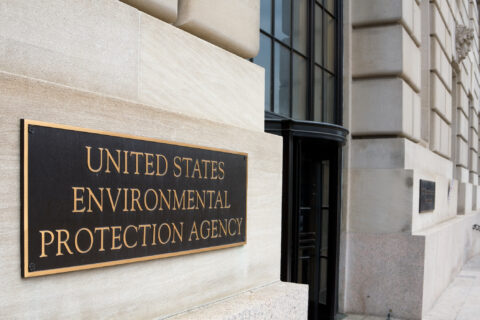Co-authored by Thea Yagerlener, Senior Program Manager and Zack Loehle, Communications Manager, Interstate Renewable Energy Council
The use of electric vehicles (EVs) can result in numerous benefits, including reduced vehicle emissions that support cleaner air and improved health, economic development opportunities and reduced noise pollution. However, one of the largest obstacles to the growth of electric vehicles in the U.S. is the lack of comprehensive charging infrastructure. Range anxiety — a concern about a lack of charging infrastructure — is one of the primary issues that keeps people from switching to EVs. Common challenges associated with increasing the number of local EV chargers include complex and lengthy permitting processes, unclear zoning regulations, limited grid capacity and barriers to installation in multifamily housing and low-to-moderate income neighborhoods.
Charging Smart
The U.S. Department of Energy (DOE)-funded Charging Smart program is designed to support local governments as they tackle these challenges related to the buildout of EV charging infrastructure. Launching nationally in January 2025, Charging Smart offers free technical assistance (TA) to cities, counties and regional organizations and recognizes them for adopting best practices. The program connects municipal staff with a regionally-focused TA provider who provides tailored, expert guidance on how to adopt EV-friendly practices at the local level.
Cities, towns and villages can take proactive steps to remove hidden barriers to charging infrastructure, accelerating the deployment of EVs and saving time and money in the process. By updating municipal functions such as permitting and inspection, planning and zoning and even posting information on their website, municipalities can address knowledge gaps and bottlenecks impeding the growth of EVs in the community.
The Charging Smart program offers flexibility to fit the unique needs and priorities of local governments across the country, and TA providers work to ensure that a specific community’s development and EV preparedness goals are being met. If a community is focused on growing the number of EV charging stations in the downtown commercial district, for example, the TA provider can suggest updates to the zoning code. If a municipality is already seeing an influx of EVs in single-family residences but not for multifamily, the TA provider can work with the locality to support multifamily charging.
Charging Smart is part of the U.S. DOE Energy Ready suite of programs, which provide free technical assistance and recognition to local governments, helping them strategically manage the expansion of local clean energy technologies. Other Energy Ready programs include SolSmart and Distributed Wind Smart.
“The Charging Smart program has the ability to support local governments of all shapes and sizes, in different landscapes across the country,” said Ed Gilliland, Senior Director, Strategic Initiatives at the Interstate Renewable Energy Council (IREC), which leads the program for DOE. “By making these changes on the back end, we can remove unnecessary barriers and really unlock the potential of EVs to benefit the community.”
Growing Nationwide
Charging Smart initially launched in a pilot phase, working with local governments primarily in the South and Midwest, as well as Colorado, Connecticut and southern California. Nine cities in Minnesota worked with program partner the Great Plains Institute to earn the first Charging Smart designations earlier this year, with Eden Prairie, Falcon Heights, Faribault, Inver Grove Heights, Oakdale, Roseville, and St. James earning Bronze, while Hopkins and La Crescent earned Silver. These local governments updated their permitting and inspection practices, reviewed zoning rules, and took other measures to increase the accessibility of EV charging infrastructure.
For example, the City of Eden Prairie earned Bronze by adding electric vehicles to its fleet, installing public EV chargers and creating an EV permitting checklist that provides clear guidelines for those looking to implement EV chargers. The City of Hopkins went further to earn Silver. They updated city code to ensure that residents of multifamily housing would have access to EV chargers on-site, and also that EV charging is built in accordance with the Americans With Disabilities Act. Furthermore, Hopkins has established a dedicated Climate Solutions Fund that supports EV charging installations, particularly in low-income households.
Now, local governments across the U.S. can follow in their footsteps. The Charging Smart program is open to any local government that wants to accelerate EV deployment. The program works with Clean Cities Coalitions and other local and regional partners to offer specialized knowledge of the incentives, barriers and opportunities specific to a given area. By addressing soft costs and increasing efficiency in municipal processes, cities can unlock the many possibilities of EVs.
Learn More
Interested local governments can also sign up for the program’s free TA here, or reach out to Thea Yagerlener, Senior Program Manager at the Interstate Renewable Energy Council, for more information.









